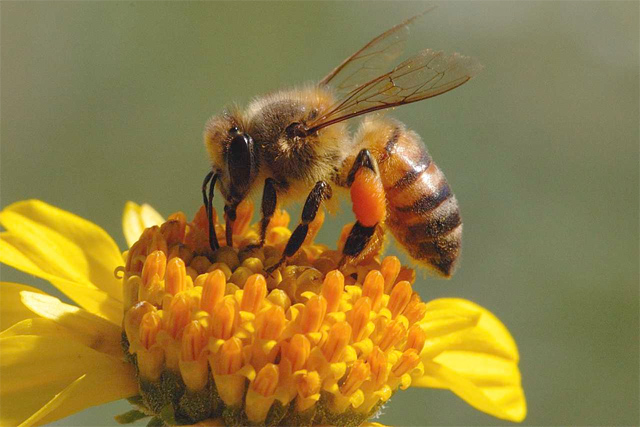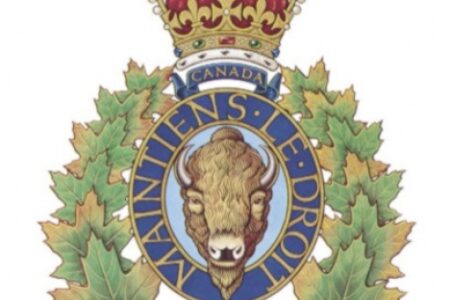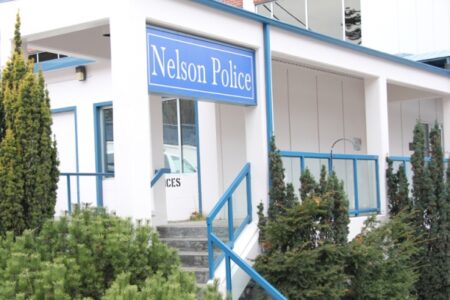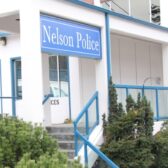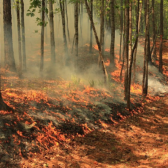Request for honeybee project in school could open door to new bylaw
Approval given for a honey bee observation hive in one of the city’s schools could help form the framework and the momentum for allowing previously banned bee keeping practice in the city.
City council has approved a request from Wildflower School primary class (kindergarten to Grade 2) to install an observation beehive for one year, from June 2017 through to June 2018.
The Wildflower School along with members of the Bee Awareness Society — a Slocan Valley-based non-profit society — and the provincial apiary inspector made a presentation to council at the May 15 committee-of-the-whole meeting regarding honey bees, asking council to consider changing the Animal Control Bylaw to permit apiaries within the City of Nelson.
Prior to council’s decision last week, city staff consulted with the bylaw enforcement department who indicated that they do not have any concerns with the request.
Installing the honeybee observation hive will provide a learning opportunity for the students as well as increasing the honeybee population in Nelson, said Bee Awareness Society’s Linda Martin.
Granting the request will provide the opportunity for a one-year pilot project on permitting apiaries within the City of Nelson. Information gathered from the pilot project may be used to determine whether this restriction should be removed from the Animal Control Bylaw.
“So I see that this is going be a test about the bylaw around that,” said Coun. Michael Dailly, who felt the city should pursue it.
“It’s up to council,” said city manager Kevin Cormack. “There is already a long list of bylaws” in development by city staff right now.
The request supported the city’s Path to 2040 sustainability strategy principle of robust ecosystems, and aligned with the Path to 2040 focus area of food, food security and agriculture, noted a city staff report to council.
If apiaries were allowed in the city, enforcement of apiaries falls within the jurisdiction of the province under the Ministry of Agriculture’s apiary inspector.
The kindergarten to Grade 2 class at Wildflower School — which has made the request for bees in Nelson — refers to itself as the Seedlings class.
“Seedlings, parents and teachers love to learn through inquiry projects, inviting the community into our classroom, and in this case, the colony into our classroom,” said K-2 teacher at Wildflower, Laurryn Asbell, to council.
“We propose to install a single observation hive near a window, to include an access tunnel to the window, so that the bees can be free to pollinate our school garden and surrounding area while also educating our students, families, community members and other schools.”
With the observation hive installed with one hive of bees and a queen all year round, Asbell felt the students and the Nelson community would benefit from the constant buzz, observations and, in particular, the learning that happens over time.
The buzz over bees
Almost 90 per cent of the world’s plants rely on pollinators like bees and butterflies for fertilization and reproduction, including over 70 per cent of the major crops that feed humanity — everything from apples, tomatoes, raspberries and peppers to chocolate, coffee and almonds.
However, pollinators are currently in trouble. Worldwide honeybee populations are in serious decline. Canada’s over 800 species of wild bees are experiencing similar problems, as are species like monarch butterflies.
This is due to a variety of reasons, including loss of habitat, neonicotinoid pesticide use and mites.
“The good news is that we can all play an important role in bringing back and protecting these important pollinators, through initiatives like: installing the observation beehive at Wildflower School and educating children about bees and the importance that they play around our food security, planting bee and butterfly gardens, avoiding using pesticides and herbicides on our home lawns and gardens, taking action to encourage Health Canada to ban neonicotinoids,” said Asbell in her report to council.
“We propose to be guardians of bees for educational and community awareness purposes and … we hope to be pioneers in our community in raising awareness about the health and safety of bee populations. The observation beehive is a year round visual learning tool.”
Source: Bee Awareness Society



